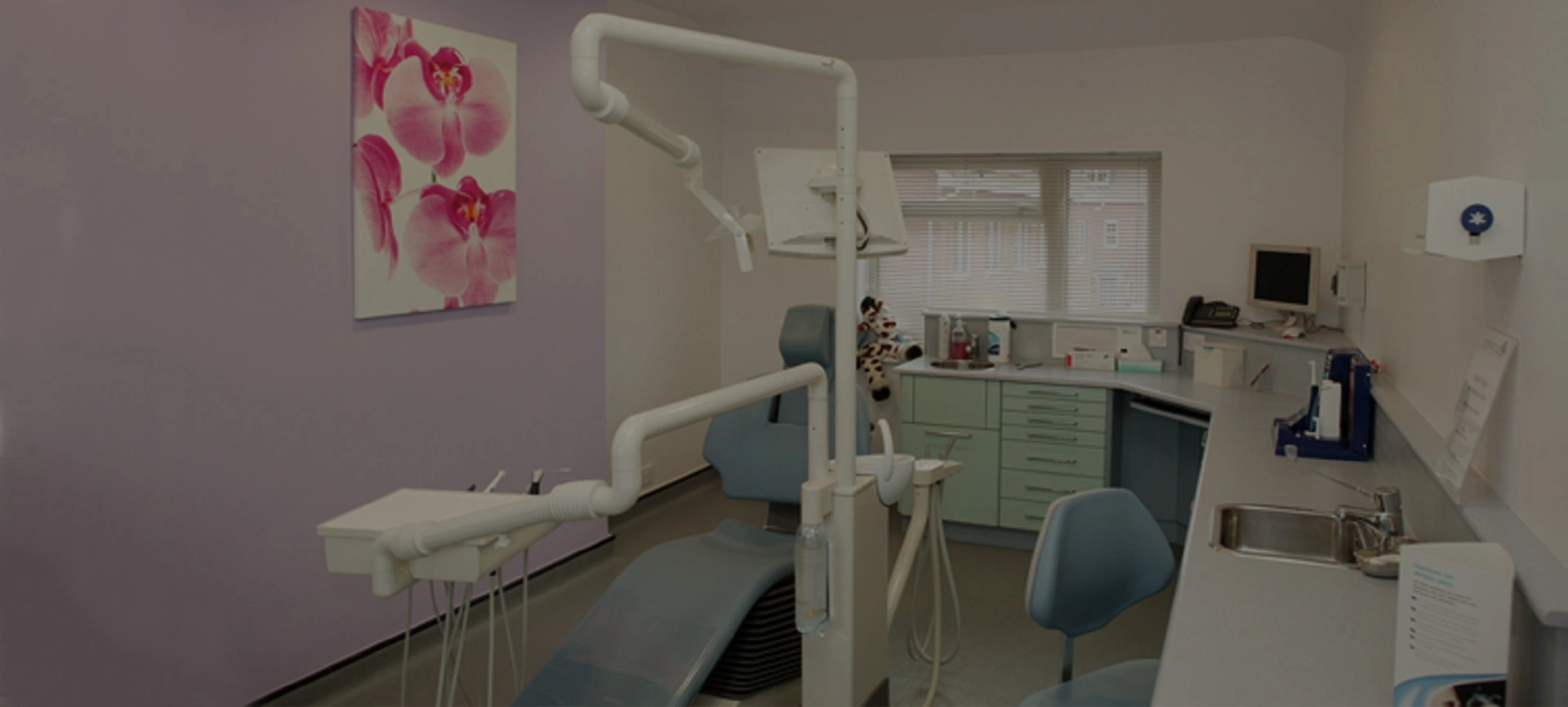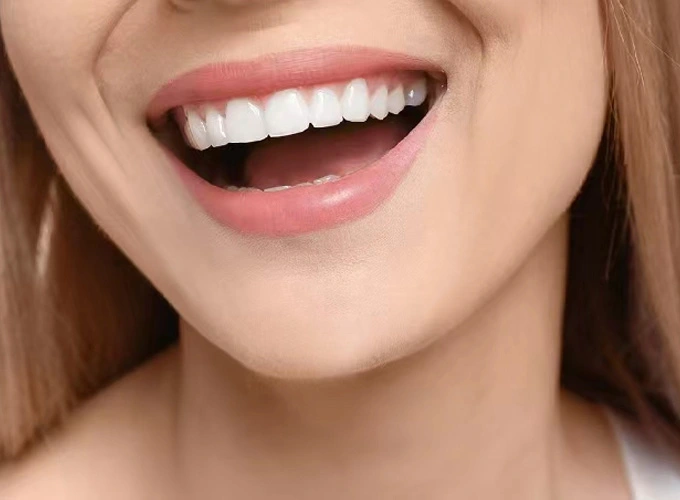Is made of a hard outer layer and a soft inner layer. This hybrid design provides the durability of hard acrylic on the outside, and soft comfort on the inside. It's made in a dental lab, which ensures the mouthguard is of the highest quality.
Helps with bruxism symptoms because the hard part sits along your occlusal surface (where your teeth come together). This acts as a barrier and stops teeth grinding. It can also help lessen the symptoms of a jaw clench due to the forgiving and soft inner layer.
Using a night guard can come with a few common concerns or discomforts, especially for first-time users. Here are some of these concerns and their solutions:
Discomfort or Soreness: Initially, you may experience some discomfort or soreness as your mouth adjusts to the night guard. This is normal and should subside after a few days. If the discomfort persists, consult your dentist as the night guard may need to be adjusted.
Difficulty Sleeping: Some people may find it difficult to sleep with a night guard in their mouth. It's recommended to wear the night guard for short periods during the day to help your mouth get used to it, making it easier to sleep with it at night.
Excessive Salivation: Increased saliva production is common when you first start using a night guard. This usually decreases over time as your mouth adjusts. If it continues, speak to your dentist.
Difficulty Speaking: Some people may find it hard to speak clearly with a night guard. Practice speaking while wearing the guard during the day to help your mouth adjust.
Dry Mouth: If you experience dry mouth, drinking water can help. However, if it persists, consult your dentist as they may recommend a special mouthwash or spray.
Bad Taste or Odor: This can be a sign that your night guard needs cleaning. Regular cleaning can prevent bacteria buildup and keep your night guard fresh.
Night Guard Slipping Out: If your night guard slips out during the night, it may not be the right fit. Consult your dentist for an adjustment.
Remember, it's normal to experience some minor discomfort when you first start using a night guard. However, if any issues persist, it's important to consult with your dentist to ensure the night guard is properly fitted and working effectively.

